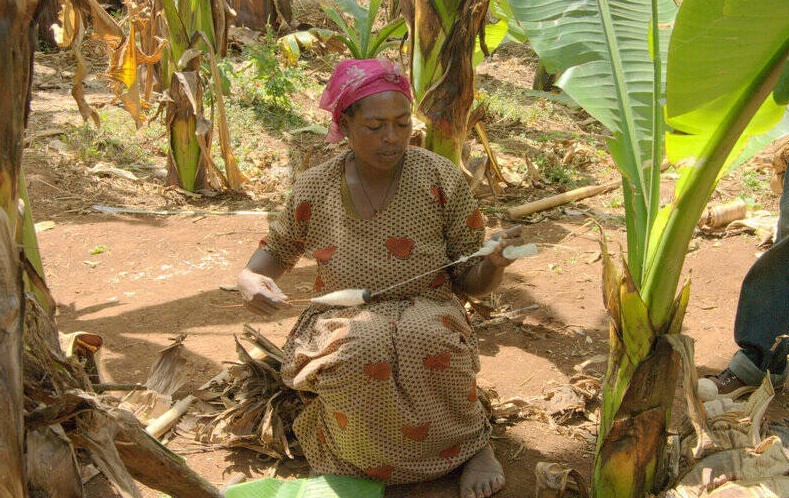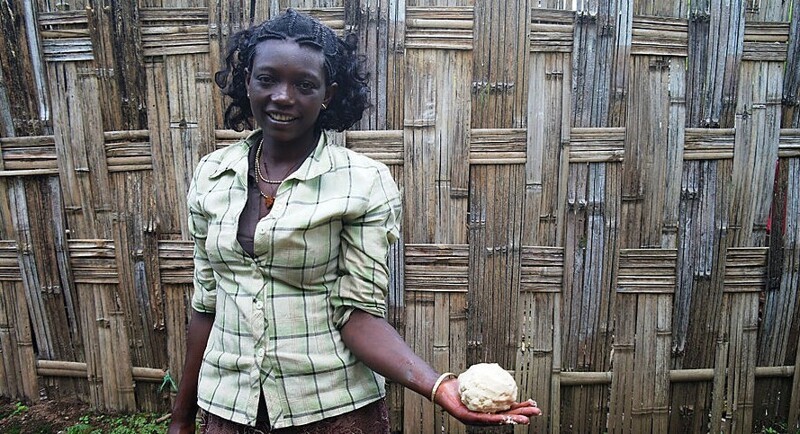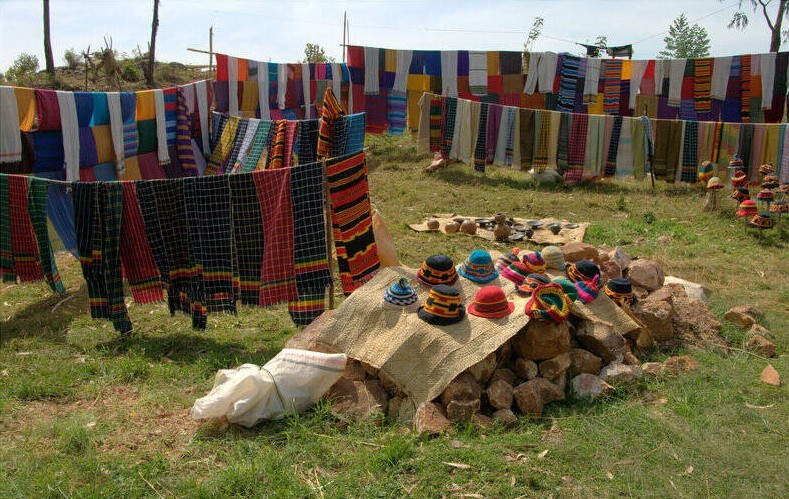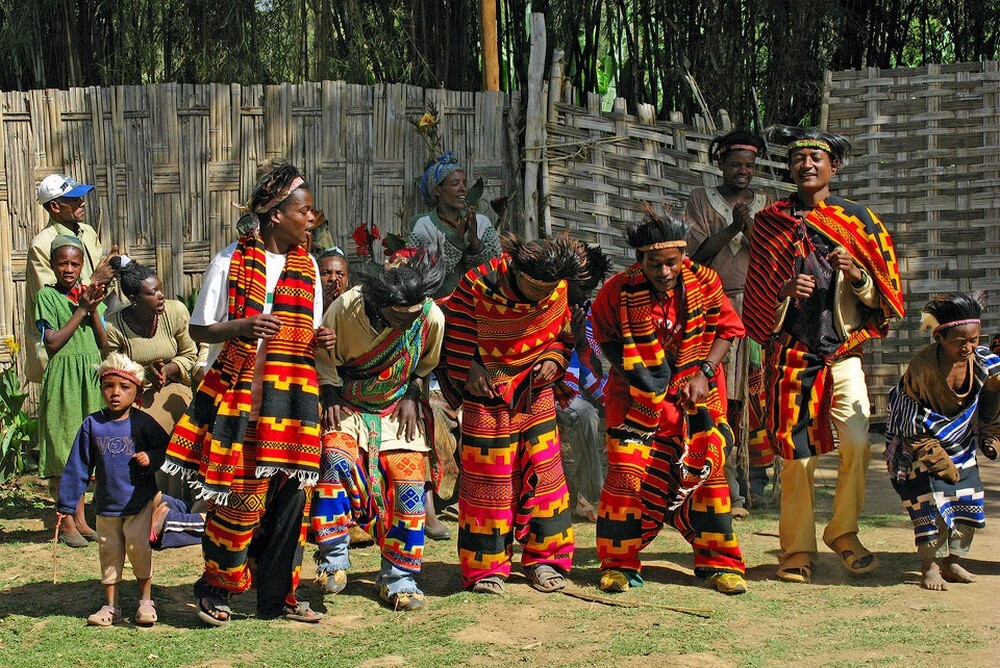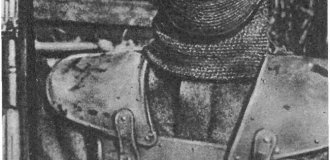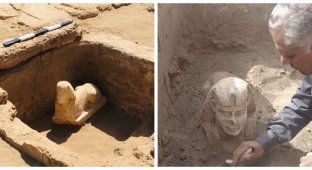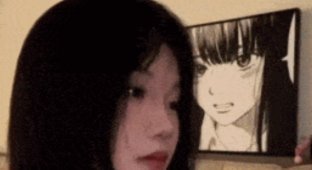Weaver people and their elephant huts (15 photos)
Remember the little waif Gavroche from Hugo's novel, living in the sculpture of an elephant? It turns out that there are people in the world who they specially build houses for themselves, similar to mighty eared giants. 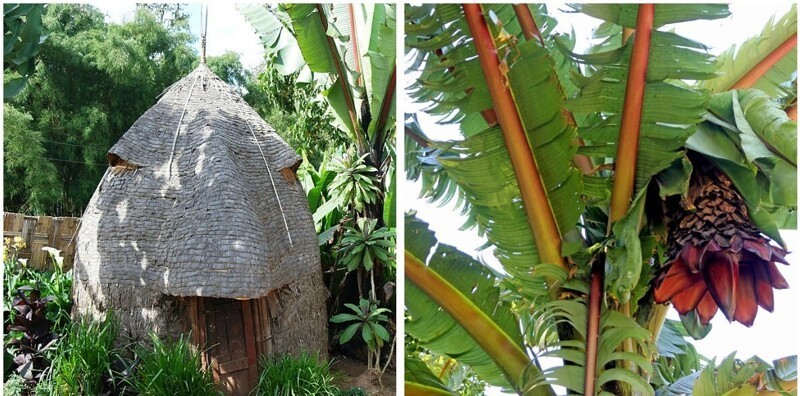
This is the Dorze tribe, hiding from civilization in the mountains of southern parts of Ethiopia over Lake Chamo. And although there are no elephants in these places for more than a century, the memory of them has been preserved. And the tribe they build huts of a strictly specified shape according to a certain algorithm. 
Lake Chamo
From a distance, the houses resemble mushrooms or inverted baskets. But upon closer examination, in the outlines of the hut one can clearly guess elephant's head: the curve of the muzzle, turning into a trunk, a blank for the ears, even neat eyeballs. 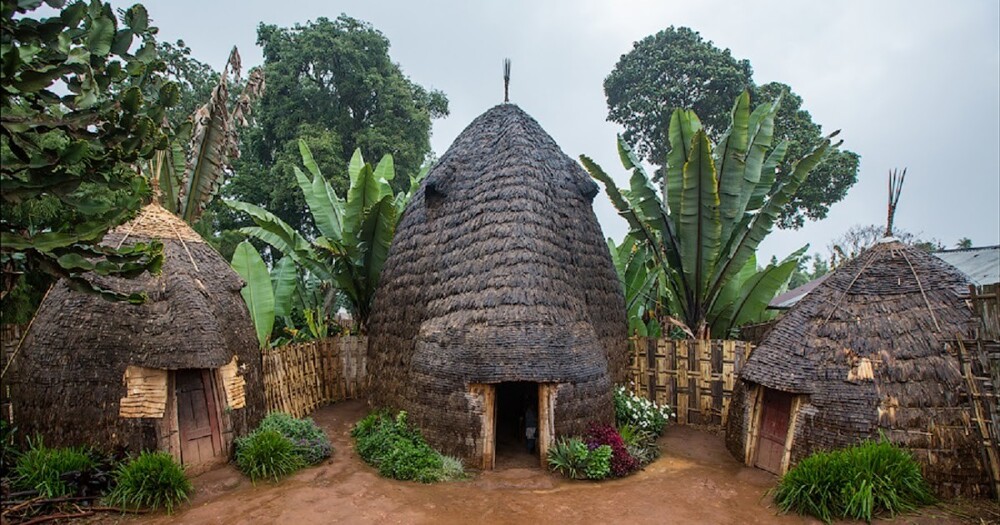
Although the building is somehow embarrassing to call it a house. Height "baskets" exceeds 10 meters! The space under the trunk - guest room extension, and through the partition is equipped with the main room for hosts and animals. Yes, animals and their owners live on the same territory. It is on our sensitive scent there is a hellish smell. But dorze arranges life with calves and sheep. 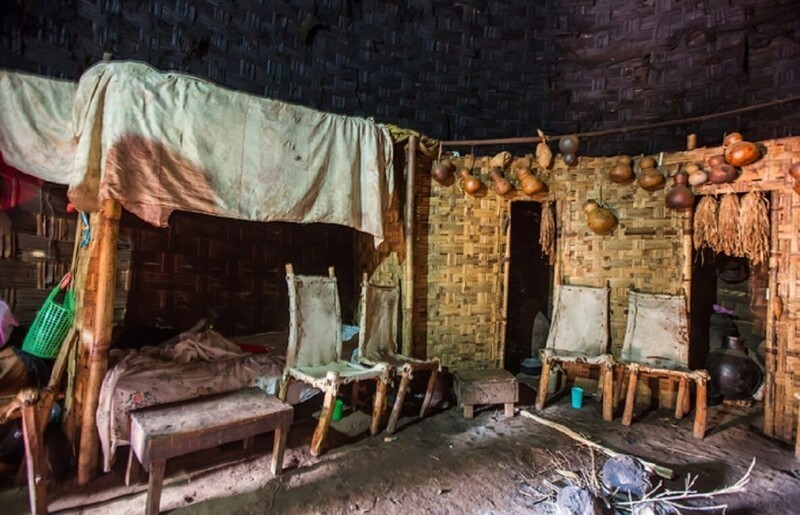
The hearth serves as a kitchen, the smoke of which also protects from insects. They build their "elephants" Dorze literally from improvised material - the leaves of a false banana, which is in abundance here. After long pre-fermentation from the fruits of the Ethiopian banana get something like flour for baking cakes. And tella is prepared from the leaves - analogue of local beer. 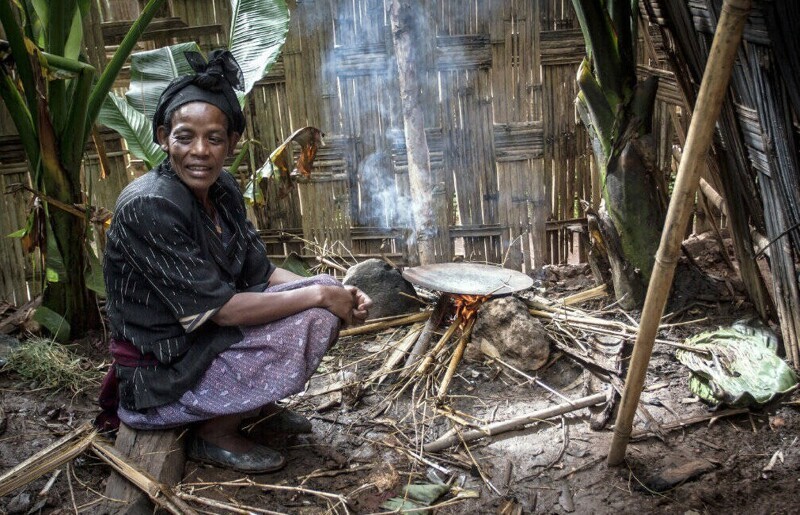
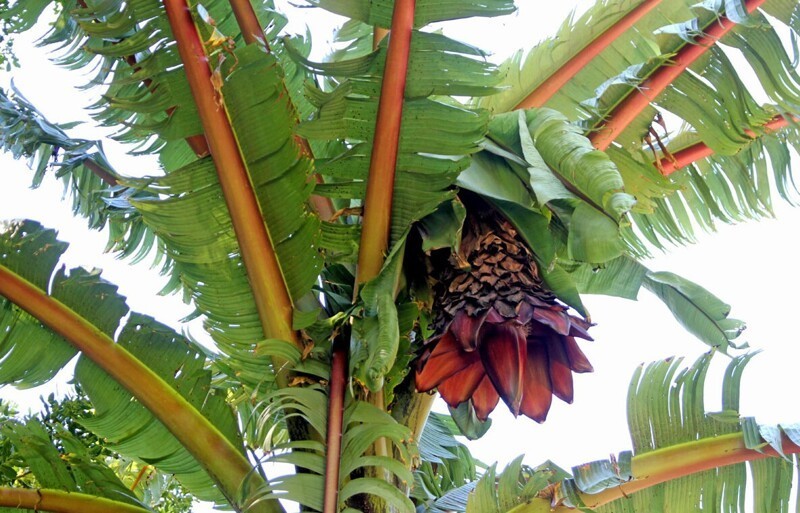
Enseta - false banana
The art of building original houses is passed down from father to son. The process is not fast: it is necessary to clear the site, install support pillars and start braiding them with pre-prepared and dried fibers according to the same principle as used in weaving regular baskets. 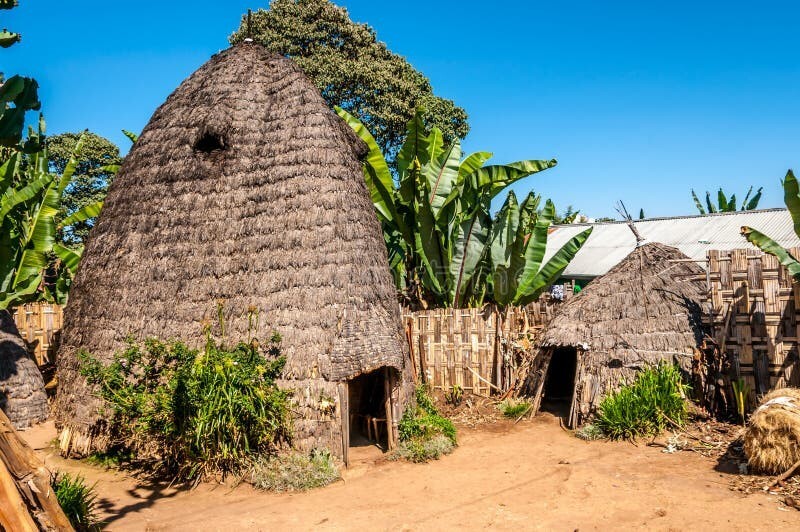
As the structure grows, builders use scaffolding. A the guest "trunk" is built over the main structure, weaving above. For cladding, the leaves of the same false banana are used - ensets. 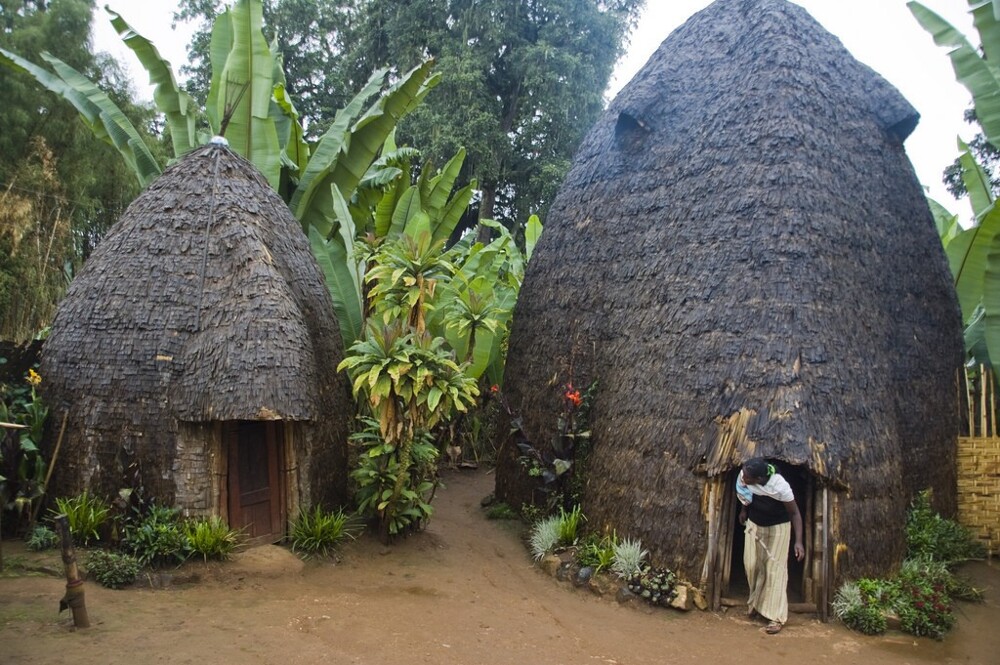
At the top of a giant basket straight to the center a branch is stuck: the Dorze believe that it will protect the house from evil spirits. After it's the women's turn. They clear the space inside, strengthen clay floor, after which it is time for a housewarming feast.
Such a house is quite enough for 50-60 years, that is, almost for a lifetime. True, it must be periodically lifted on poles, since shrinkage, decay processes and the ubiquitous termites no one canceled. 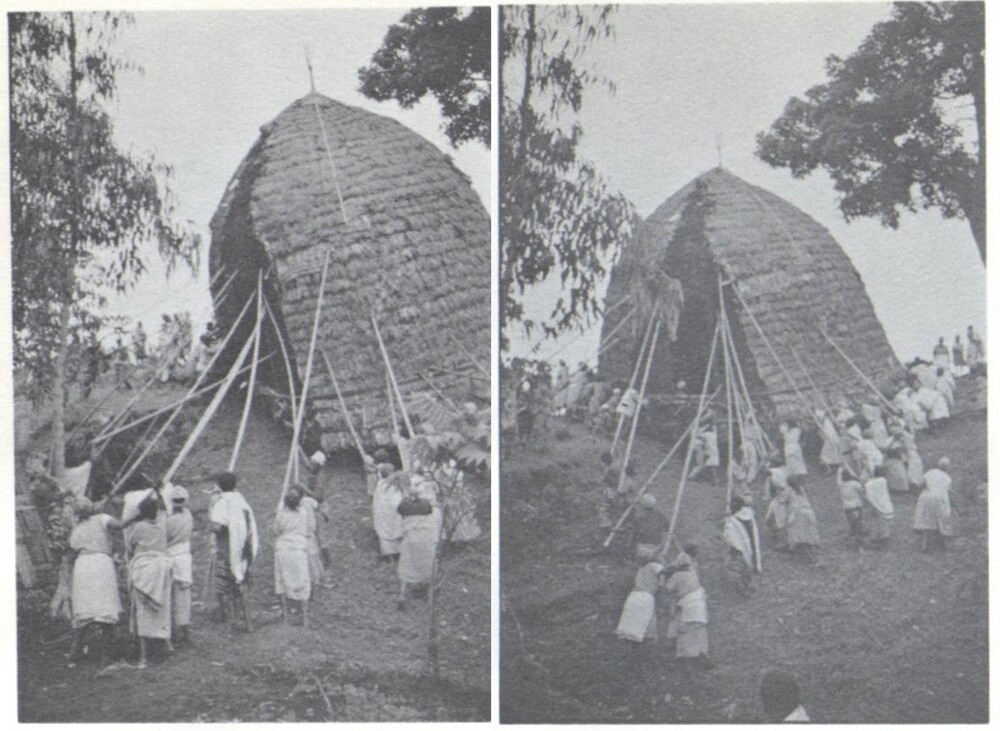
Hut transfer
When the "basket" becomes too low, it is used as an outbuilding. Remarkably, the house can be moved to another location if necessary. 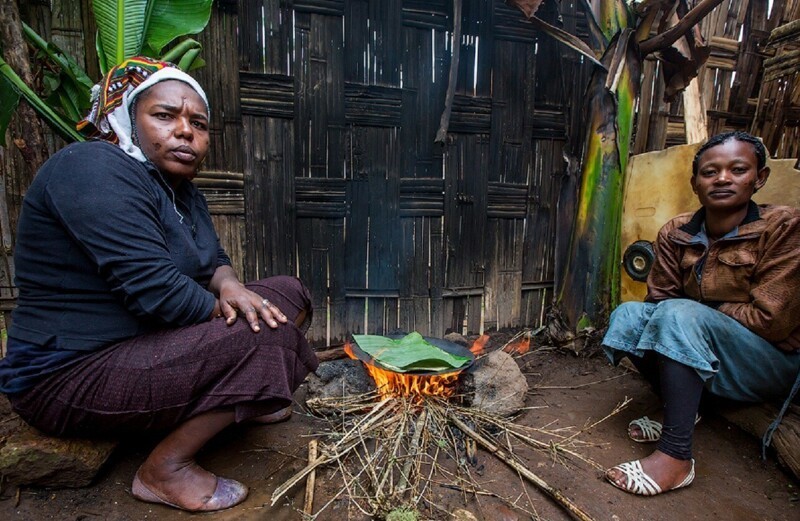
The Dorze themselves were a warlike tribe in the past. But now retrained as pastoralists, farmers and weavers and successfully sell their very high-quality products to tourists. And women Traditionally, they do more rough work - spinning, and men weaving. 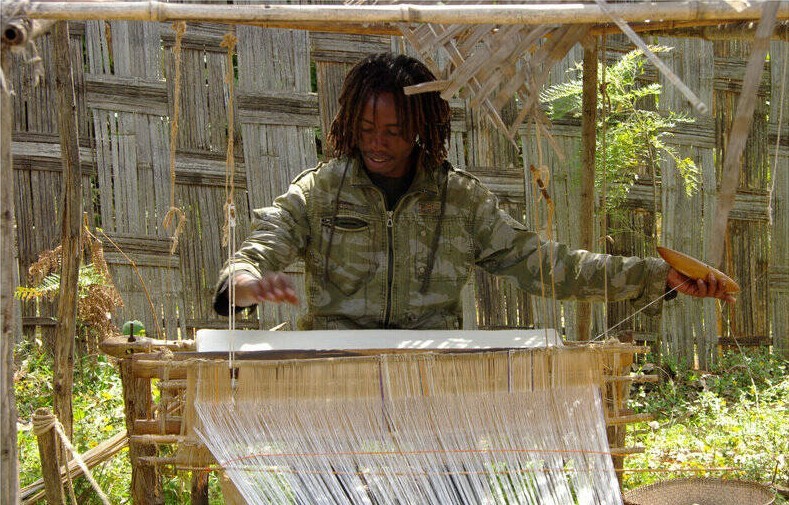
Of course, modern dorze have long preferred ordinary European houses with metal roofing. But traditions are honored, because “elephants” is their culture and a great way to earn money on tourists who, for a fee, can even spend the night in such a hut, to fully imbue the spirit of the tribe. Well, and be food for numerous insects, but these are costs that for the sake of impressions quite survivable. 